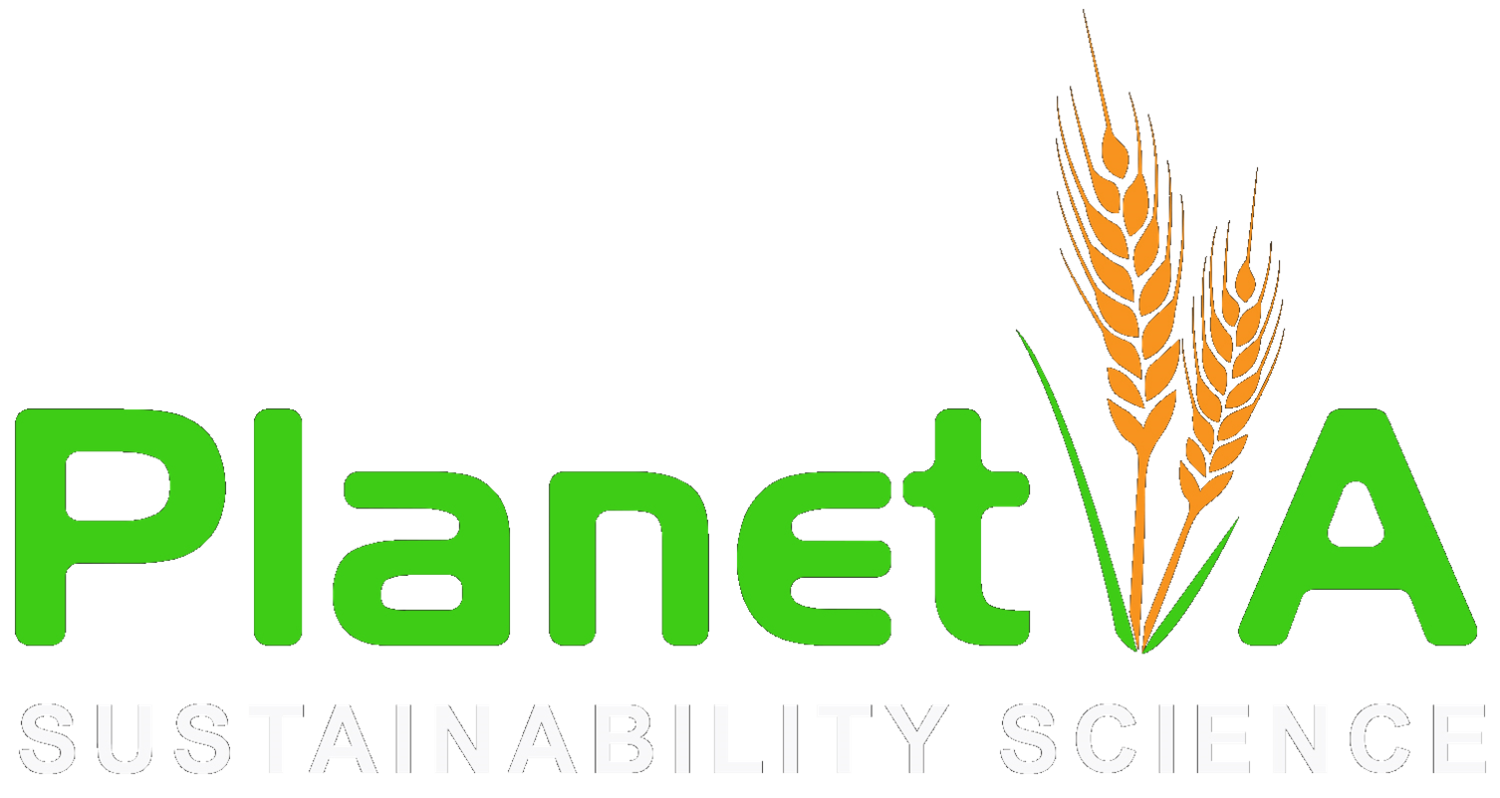Financial inclusion may limit sustainable development under economic globalization and climate change
2021
Authors
Li, A., Gao, L., Chen, S., Zhao, J., Ujiyad, S., Huang, J., Han, X., and Bryan, B.A.Abstract
Financial inclusion is a key policy for achieving the UN Sustainable Development Goals worldwide. However, emerging evidence has challenged the universal effectiveness of this policy. Combining a cross-sectional socio-economic and ecological survey with regional macro-economic and climatic data, we undertook an integrated causal analysis of the impact of financial inclusion policy on the Inner Mongolian herder social-ecological system. Exposure to economic globalization and climate change threatened herder livelihoods via increased feed costs and reduced livestock sales prices. Financial inclusion loans were beneficial for herders with large grassland plot size who used their traditional ecological knowledge to adapt via seasonal herd mobility. However, most herders were sedentary, constrained by small plot size, and used financial inclusion loans to reserve livestock and maintain high stocking densities. This strategy exposed them to inflated feed costs, increased their debt, and led to widespread grassland degradation. The results illustrate the limitations of financial inclusion policy in achieving sustainable development when people are trapped in poverty, subject to novel social-ecological contexts, and their ability to adapt is compromised. Transformative adaptations based on community cooperation, traditional knowledge and institutions, complementary public policies, and technological innovation are crucial to support financial inclusion policy and enhance sustainable development.
Figure 1. The life of herders and their sheep and goats in Inner Mongolia. (A) The geographical location of Inner Mongolia. (B) The field study regions and the distribution of interviewed herders' villages. (C) Grass is too short to harvest for hay in overgrazed grasslands, the common condition in Inner Mongolia. (D) Sheep cannot get enough food during winter grazing and extra hay needs to be provided. (E)–(G) Harvest, transport, and storage of hay, all of which influence hay costs for herders.

